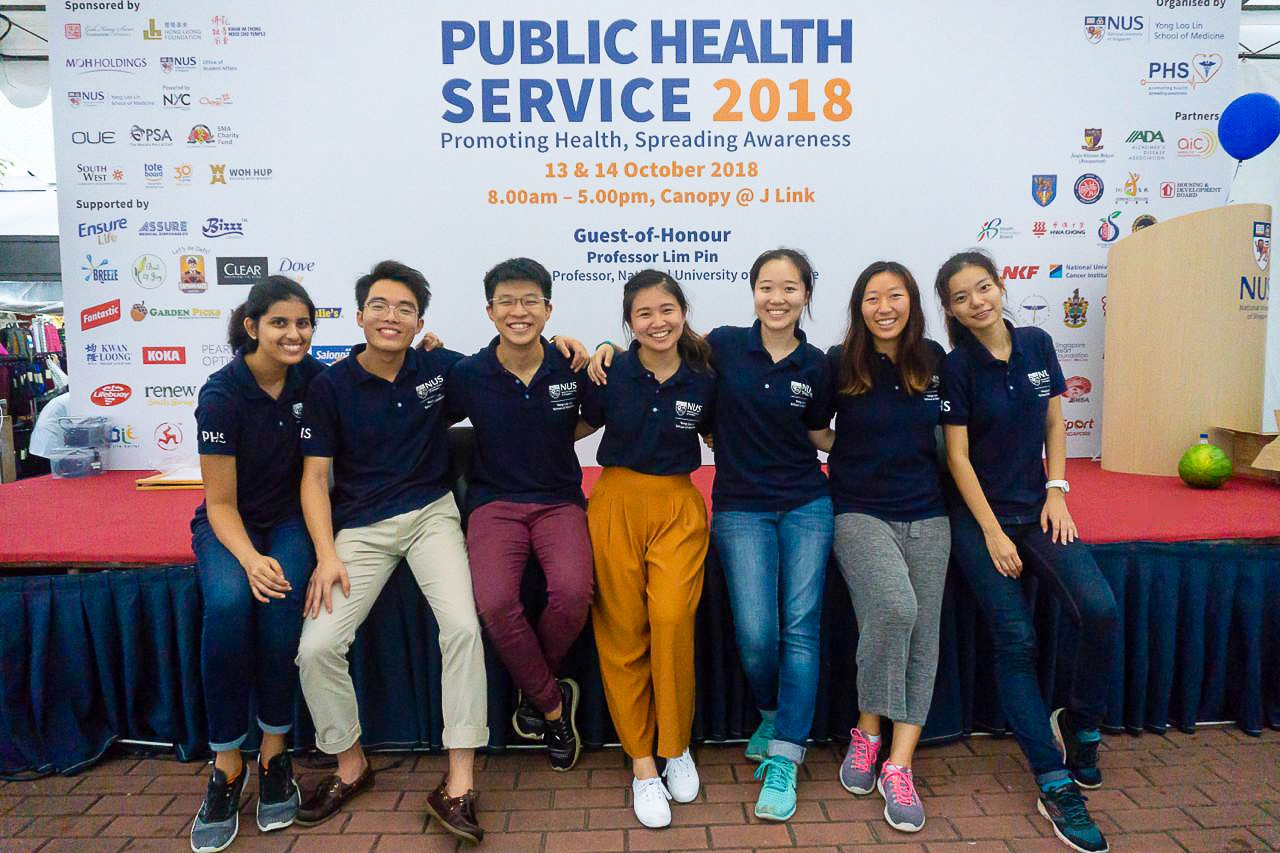From understanding heart-brain disorders to improving care transition, a young doctor finds answers to tough questions
Teo Yao Hao from the NUS Yong Loo Lin School of Medicine Class of 2022 enjoys doing research. For him, the thrill is not just about the opportunity to build upon the knowledge taught in class, but being able to work with a passionate, supportive community of peers and mentors.
Yao Hao often conducts research after class, sometimes staying late in hospital to see through projects. At many times, he felt that his research was going nowhere, but he didn’t give up. His efforts paid off in his fourth year when he received his first research grant, and he has not looked back. Since then, Yao Hao has published in many high impact, peer reviewed journals, and was selected as the Undergraduate Research Outreach Programme (UROP) 2022 excellence awardee of the year and as an NUS Dean’s Fellow 2022.
Furthermore, his work has netted him academic grants of more than S$20,000, and some of his discoveries have been presented at top international conferences.
Yao Hao credits NUS with providing him with opportunities to grow at every turn. “NUS caters to a wide diversity of interests. Whether it’s research, public health, medical innovation, education, or sports, there are opportunities for everyone to explore and go beyond.”
Yao Hao’s research interest lies in the intersection of heart, brain, and sleep. As a senior researcher of the StroCar research group, he works closely with Dr Sia Ching Hui and Dr Benjamin YQ Tan to bring exciting projects examining heart-brain interactions to fruition. One key area of interest is in ‘embolic stroke of undetermined source’, where one-fifth of patients with stroke do not have a source; this is frightening as clinicians are unable to treat the root cause!
He has also published papers on sleep apnoea, an evolving health burden affecting up to one third of Singaporeans. Under the tutelage of Professor Ronald Lee Chi Hang and with his classmate Benjamin KJ Tan , their studies have contributed to an important body of literature that seeks to highlight the urgency of this problem.
“When I look back at my time in NUS Medicine, I felt that I am often encouraged to think and do more for others beyond my studies. Doing research to expand our knowledge about health and healthcare is a way of making a difference to my patients and people around me,” said Yao Hao.
Apart from disease management and prevention, Yao Hao is also passionate about improving care delivery. One of his most memorable experiences was his experience interning at the Ministry of Health’s Office for Healthcare Transformation (MOHT) to undertake a pilot research study. This was where he witnessed first-hand the disruptive healthcare technologies being piloted to enhance cost-effective care.
Together with two other interns, Yao Hao devised a study to investigate the care transition processes between different care providers.
“We conducted the study and realised that patients were not transiting from hospital to primary care providers and going into community care. Instead, they got lost while trying to navigate the system. And we needed to plug this gap,” shared Yao Hao.
Yao Hao and his team mapped out the care transition processes, which resulted in an application called Pathway that is designed to streamline community-directed care transition. Pathway locates Primary Care Network (PCN) GP clinics near the patients’ homes, and helps them compare characteristics including service ratings and costs of medications across private clinics and polyclinics.
Pathway shows the patients the necessary information that they need to choose their care provider, including the doctor’s name, opening hours and directions for their convenience. It was piloted at National University Health System (NUHS) and has helped over 1,500 patients find an optimal primary care provider for their long term care. The findings of Yao Hao’s study were published in the Singapore Medical Journal and used by MOHT in their platform designs.
He pays tribute to the supportive mentors and friends that he has met at NUS as key to his learning journey. “Through the thick and thin, my mentors and peers were there for me. It’s a community that not just celebrates with you, but walks with you the difficult journey, and for that I am immensely grateful” Yao Hao said.
This story is part of NUS News’ coverage of Commencement 2022, which celebrates the achievements of our 13,975 graduates through 28 in-person ceremonies. For more on Commencement, read our story on the opening ceremony, check out the official Commencement website, or look up (and tag) #NUS2022 on our social media channels!





